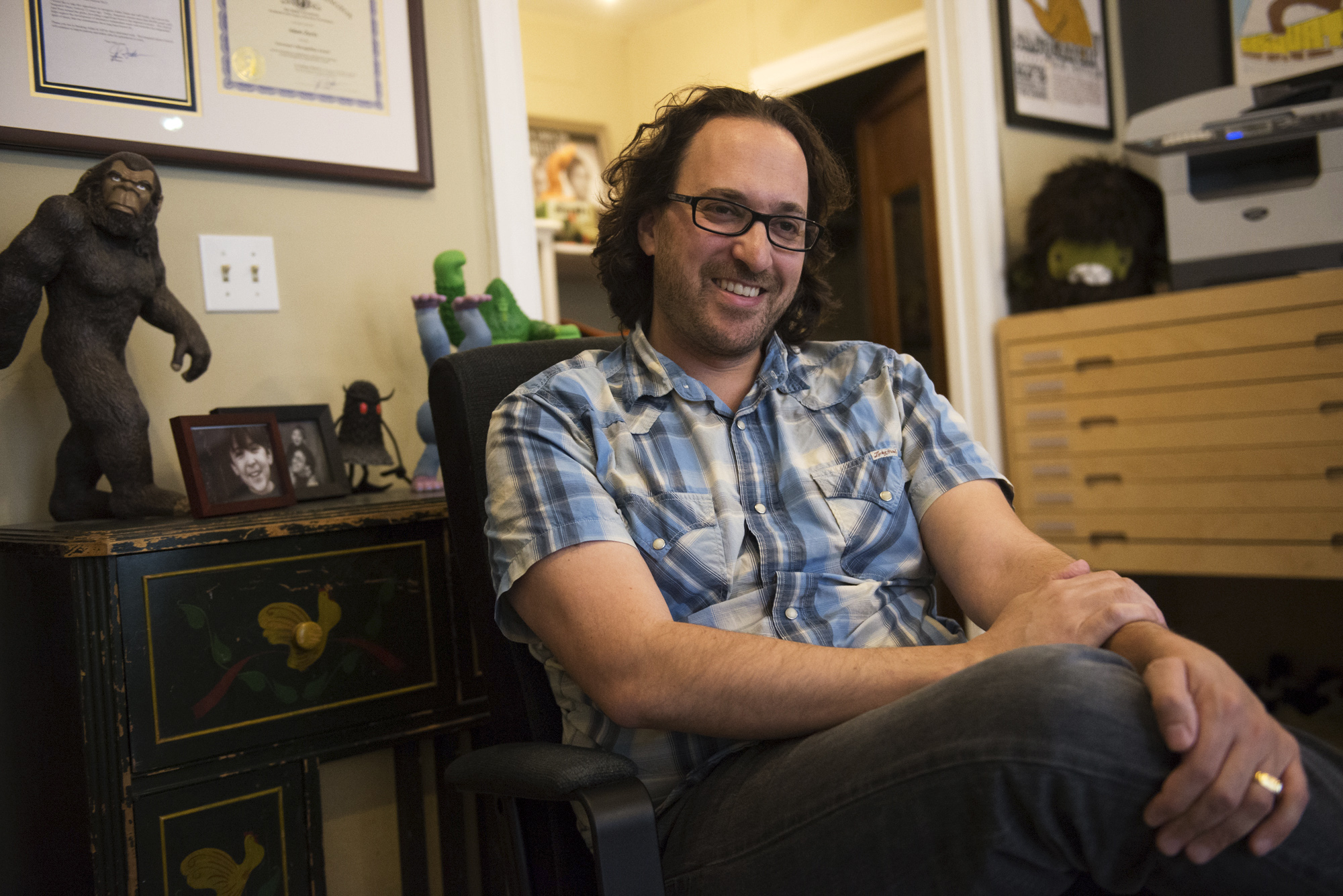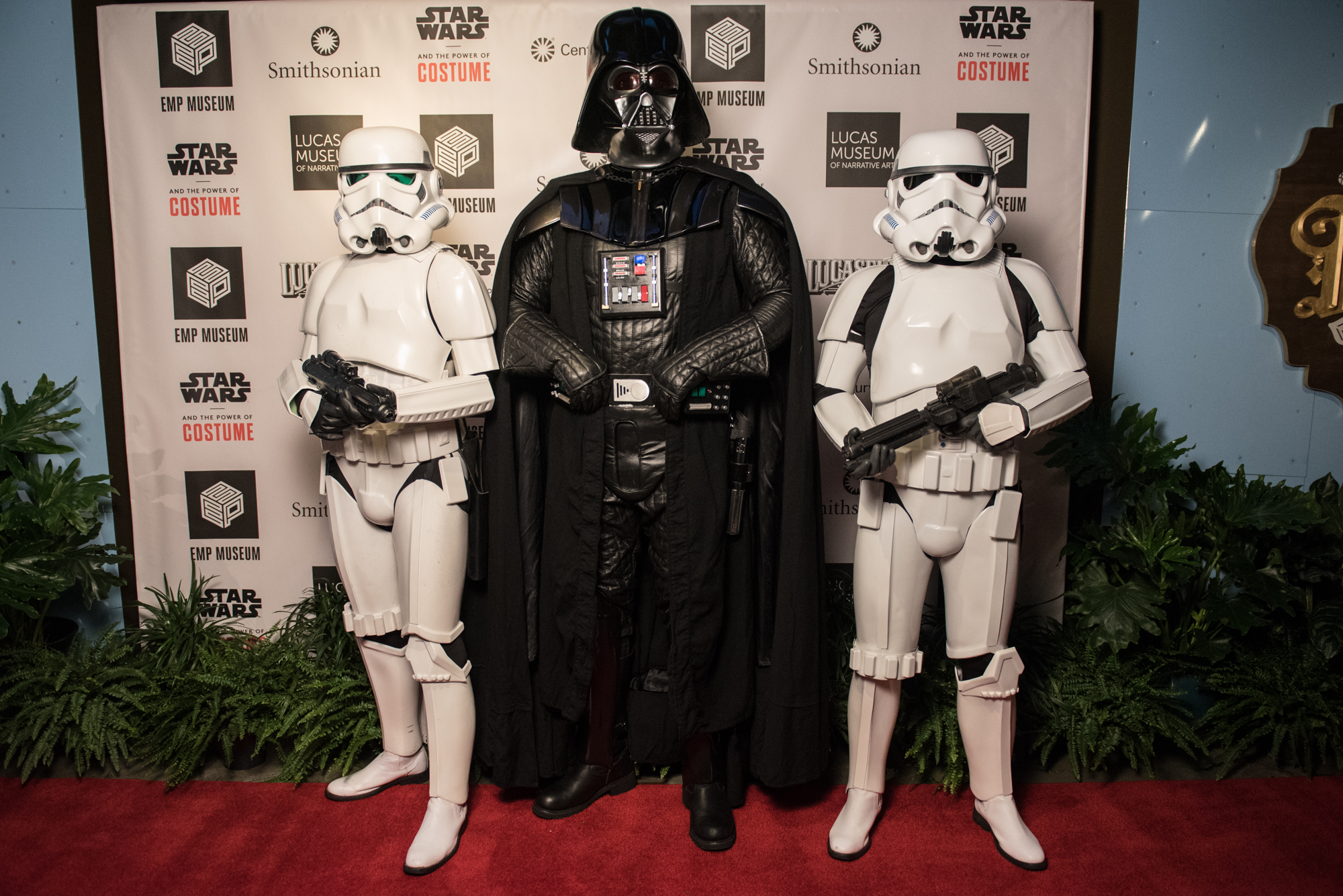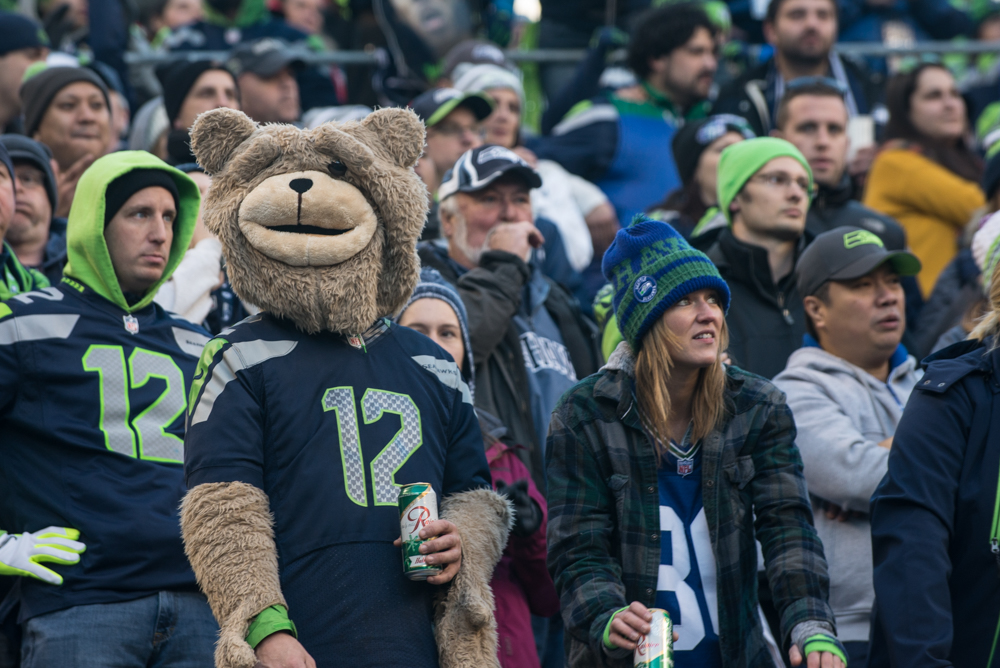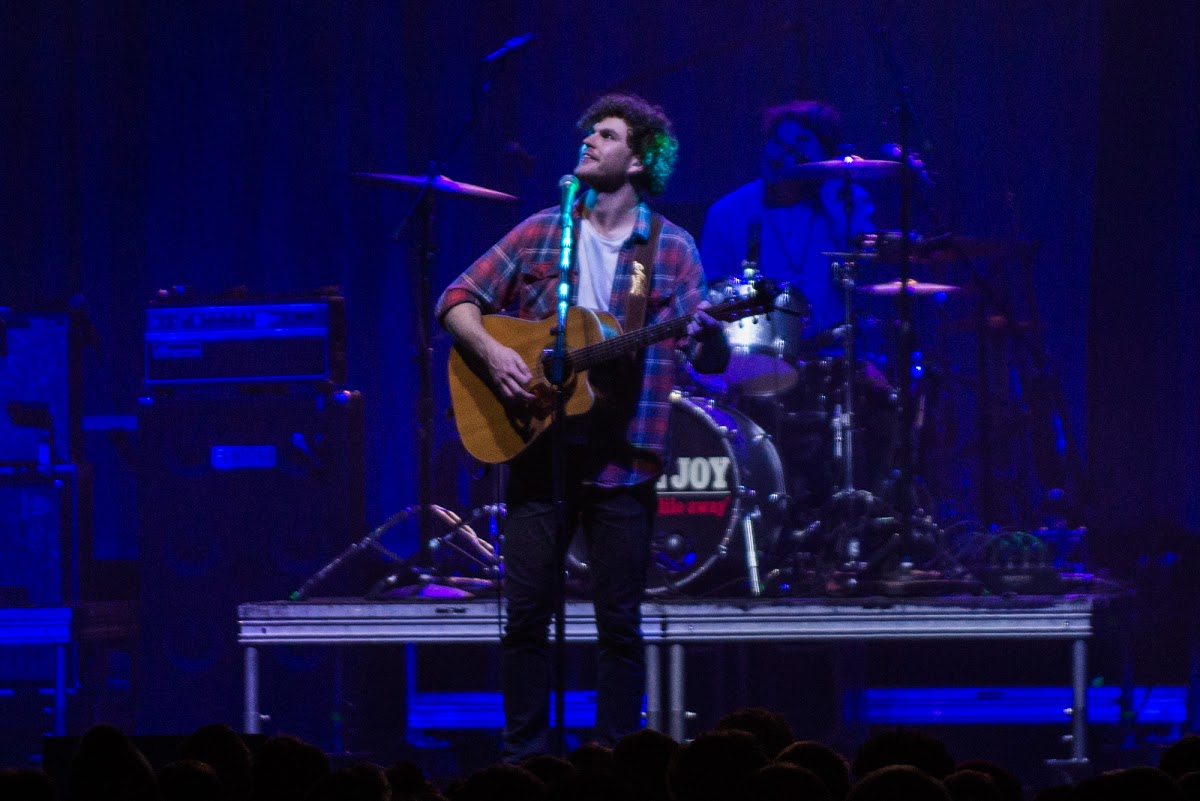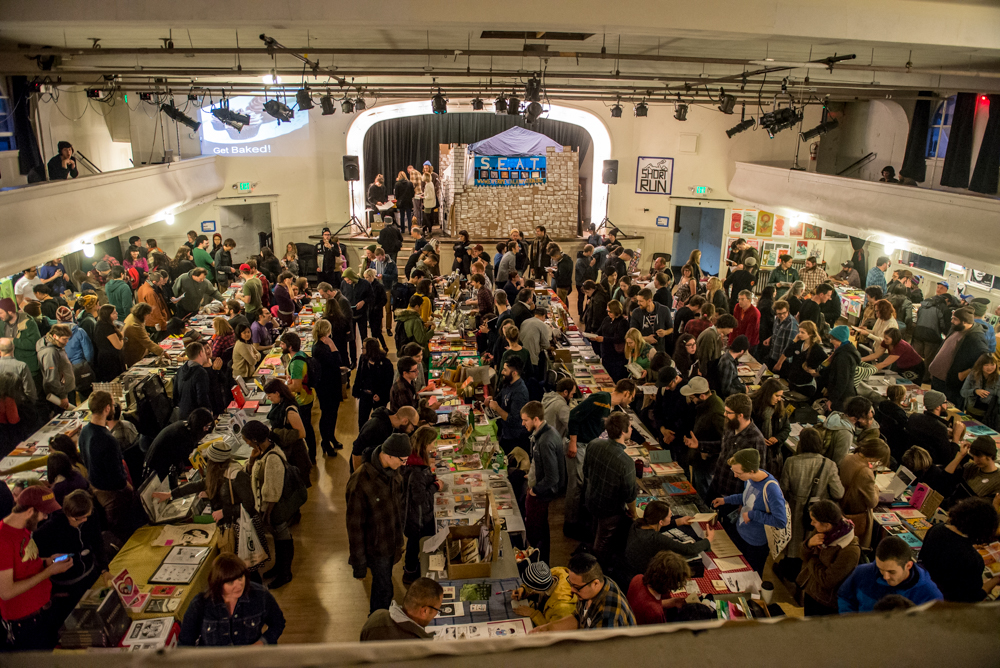We had to cut our chat with Sasquatch founder Adam Zack a bit this short in this week’s fest special (nothing personal, we swear!). But there’s no such thing as a cutting room floor on the internet, is there? Without further ado, here’s the unabridged version (you can read the print edition
here
).
SW: Why “Sasquatch!”? And what’s with the exclamation point?
Adam Zacks: I was looking for something that was uniquely Pacific Northwest. It seemed super fun to say. As for the exclamation point, I just wanted to inject it with some humor. Not everybody loves the exclamation point, some people find it corny, but we try to be a little tongue in cheek and not take ourselves too seriously. It didn’t take long for it to catch on.
SW: Did you start out wanting to book mostly Seattle-area bands?
AZ: The vision wasn’t very strong from the onset, because it wasn’t clear whether or not it was going to work; it was a pretty loose concept. It sold out in advance that first year and was only one day but we were all shocked that it sold out in advance. It wasn’t until after that first year that we refined what the vision is. The only year’s poster that isn’t up on the wall here is that first year and the reason is not because I’m ashamed of it but it doesn’t represent what Sasquatch became. There are bands on that lineup that would be so out of place now.
SW: Like who?
AZ: The String Cheese Incident. Can we just forget that they ever played? I don’t wanna bag any particular band; in that particular moment in time they had this kind of interesting grass roots underground following that was pretty big. It was part of why that first year worked, but in terms of the identity of the festival now, it couldn’t be further apart.
SW: Speaking of identity, why try two weekends?
AZ: A second weekend was an attempt to serve the huge demand. It was selling out consecutive years in a row and even this year, which didn’t sell out in a blink like last year, sold out two months in advance. It leads you to wonder how many people are shut out that want to go to experience the festival. We were four days, we couldn’t make it five days, that would be really stupid. The capacity of the Gorge kind of is what it is, there’s a maximum to what the county can support. I didn’t want to copy what these other festivals were doing because that just felt lame. So this notion of two weekends six weeks apart, rather than back-to-back, with a totally different lineup seemed interesting and fresh and maybe a little bit ballsy. So a lot of lessons were learned in that whole experience doing that and failing and I think the most important was a reminder that fourth of July weekend is not the best weekend to try this concept.
SW: Do you think that you’re going to try it again, though maybe not on July Fourth?
AZ: I don’t want to predict the future but there’s certainly no plans to. I think the festival needs to take a breather and go back to its roots. One silver lining is that I was able to turn my energy from building out these two weekends to just making this upcoming Memorial Day weekend the very best it can be and doing lots of cool things with thew site that we’ve never done before. Just trying not to let the bummer of the cancellation eat up all the energy but just turn it positive and figure out how we can make the very best of this.
MS: What are some of the cool things you’ve added?
AZ: My wife Lynn has developed a bunch of really cool stuff over the years, some of which is totally invisible to the public. We do free hearing testing back stage, available to all the artists, for custom ear plugs which are pretty expensive but they get them for free through MusiCares [a Grammy affiliate serving “music people in time of need”]. We have AA meetings which are really invisible unless you’re in a band. This year we have AA meetings in front of house as well for concert goers. Just as a means to addressing getting involved in drugs and alcohol.
MS: Do you ever see yourself starting a new festival completely separate from this?
AZ: I’m open to it. I’m not actively pursuing it or anything like that. I’ve been approached several times to do something like that. I definitely have my hands full now; I’m totally happy and satisfied with what I’m doing. Some interesting opportunities have come my way, some in other countries which would be interesting. I don’t think being a ball hog any more than I am in Seattle is something I want to do. That’s one thing about the second weekend that didn’t ever quite feel right. It was sucking up a lot of talent that would be serving the whole ecosystem in town here. So, again, small silver lining but that dilemma was relieved when July went away.
